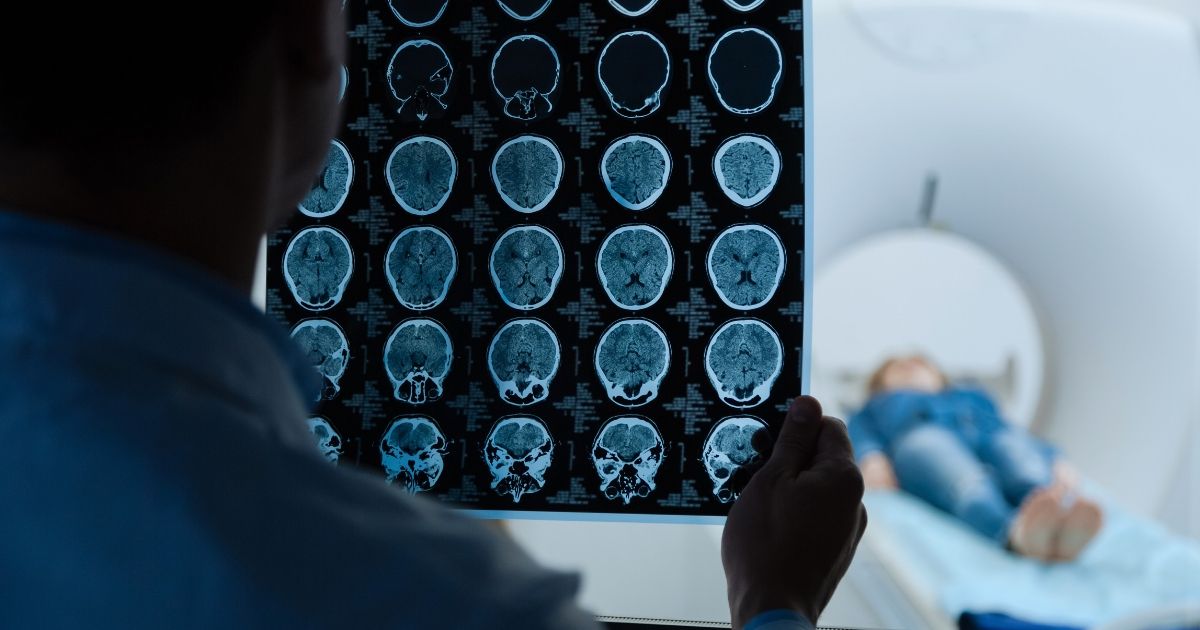As a leading Fort Lauderdale medical malpractice attorney, Lisa Levine has represented many clients who have had their lives changed forever as a result of a medical error in diagnosing or treating a stroke. May is National Stroke Awareness Month — the perfect time to learn what you need to know about strokes to help protect yourself and your loved ones.
A Stroke Can Happen at Anytime
A stroke occurs when the blood flow to part of the brain is reduced or blocked, either by a clot or a rupture, depriving the brain of oxygen and nutrients. How this affects a person depends on where in the brain the stroke occurred and how much of the brain is damaged.
Strokes are the fifth leading cause of death in the United States and result in more severe long term mental and physical disabilities than any other disease. A stroke can happen to anyone at any time. 800,000 Americans will suffer a stroke this year; most of the victims will be over the age of 65.
In an effort to educate the public about the signs and symptoms of a stroke, ways to prevent stroke and the impact a stroke can have on a person’s life, the National Institute of Health, the CDC, the National Stroke Association, the American Heart Association and other organizations have joined together to proclaim May as National Stroke Awareness Month.
Time Lost is Brain Lost: Warning Signs of a Stroke
It’s critical to recognize the warning signs of stroke, because when the brain’s blood supply is cut off, the brain cells start to die within minutes. According to the National Stroke Association, a person loses about 1.9 million neurons for each minute a stroke goes untreated and blood flow to the brain continues to be inhibited. The longer the stroke victim goes without medical treatment, the greater the possibility of permanent damage to a person’s memory, speech and ability to control their movements or even death.
The warning signs of a stroke include sudden trouble speaking, trouble seeing, trouble walking, weakness on one side of the body or severe headache.
Use FAST to recognize the most common symptoms of a stroke:
F – Face: Is one side of a person’s face drooping?
A – Arms: Does a person have trouble lifting one of their arms?
S – Speech: Is a person’s speech slurred or strange?
T- Time: to call 911!
Be sure to note the time of the first symptom, as this information can affect treatment decisions.
Diagnosing a Stroke
It’s critical to diagnose a stroke as early as possible. Diagnosis is made using a number of different techniques, including a physical examination, blood tests, CT scans, MRIs, carotid ultrasounds, cerebral angiograms and echocardiograms. First responders, ER techs and other medical professionals have to rule out conditions that have similar symptoms to strokes, such as seizures, heart problems and drug overdose and correctly diagnose that the patient has suffered a stroke. Next they must identify what type of stroke a patient is experiencing. The sooner treatment begins, the better a patient’s chances of recovering.
There are three types of strokes: a Transient Ischemic Attack (TIA), or “mini stroke,” Ischemic (caused by a blocked artery in the brain) and Hemorrhagic (caused by a ruptured blood vessel). The treatment for an ischemic stroke (clot reducing drugs) is much different than that for a hemorrhagic stroke (endovascular surgery to reduce or stop the bleeding) or a TIA (drugs and/or surgery).
Reducing the Risks of Stroke
Fortunately there are many lifestyle changes we can make to reduce the risk of stroke as well as new treatments that minimize the long term effects of a stroke. You can greatly reduce the risks of stroke (and a lot of other diseases) by:
- Controlling your blood pressure
- Not smoking
- Lowering cholesterol levels
- Eating healthy
- Getting plenty of exercise
Misdiagnosis or Failure to Diagnose Stroke
A stroke is a medical emergency that must be properly diagnosed and treated as quickly as possible. A misdiagnosis, failure to diagnose or delayed diagnosis of stroke can result in debilitating injuries such as loss of mobility, loss of speech, cognitive problems and even death.
If you or a loved one have suffered as a result of a stroke misdiagnosis, failure to diagnose or delayed diagnosis by a medical professional, you may be able to recover compensation for your current and future medical expenses, lost wages, therapy and other damages. We urge to reach out to Fort Lauderdale medical malpractice attorney Lisa Levine. Lisa has helped clients all over Florida and throughout the U.S. who have been injured as a result of medical malpractice.

